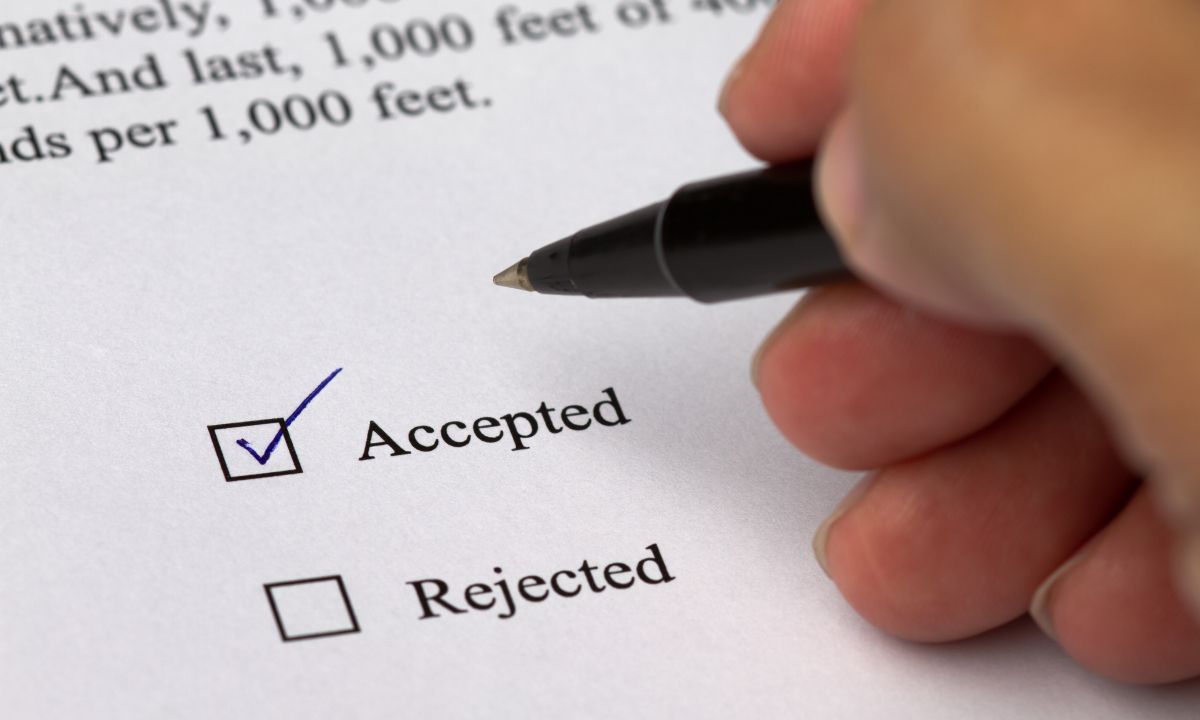 Congratulations! You’ve received and accepted an offer on your home. This is a major milestone, but it’s not the end of the journey. Several steps and processes follow the acceptance of an offer, and understanding what to expect can help you navigate this phase smoothly. Here’s a detailed look at what comes next:
Congratulations! You’ve received and accepted an offer on your home. This is a major milestone, but it’s not the end of the journey. Several steps and processes follow the acceptance of an offer, and understanding what to expect can help you navigate this phase smoothly. Here’s a detailed look at what comes next:
1. Opening Escrow
Once the offer is accepted, escrow is opened. An escrow company acts as a neutral third party to hold funds and documents related to the sale. Both the buyer and seller deposit their respective documents and funds into escrow, which are then managed according to the agreement.
What You Need to Do:
- Choose an escrow or title company if it hasn’t already been selected.
- Provide necessary documentation, such as the signed purchase agreement.
2. Home Inspection
The buyer will likely arrange a home inspection to assess the condition of the property. This is a crucial step, as the findings can impact the sale.
What You Need to Do:
- Ensure your home is accessible for the inspector.
- Make any necessary minor repairs to avoid red flags.
- Be prepared to negotiate if the inspection uncovers issues.
3. Appraisal
If the buyer is financing the purchase with a mortgage, their lender will require an appraisal to determine the home’s value. The appraisal ensures that the loan amount is in line with the home’s worth.
What You Need to Do:
- Maintain your home’s condition to support a favorable appraisal.
- Be cooperative with the appraiser’s schedule.
4. Addressing Contingencies
Most purchase agreements include contingencies—conditions that must be met for the sale to proceed. Common contingencies include financing, home inspection, and appraisal.
What You Need to Do:
- Respond to any requests for repairs or credits.
- Fulfill your part of any other agreed-upon conditions.
5. Title Search and Insurance
The title company will conduct a title search to ensure there are no liens or issues with the property’s ownership history. They’ll also issue title insurance to protect the buyer and lender against future claims.
What You Need to Do:
- Provide any requested documentation related to property ownership.
- Resolve any title issues that may arise.
6. Final Walk-Through
Typically, the buyer will conduct a final walk-through of the property a few days before closing. This ensures that the property is in the agreed-upon condition and that any negotiated repairs have been made.
What You Need to Do:
- Ensure the home is in the same condition as when the offer was made.
- Complete any agreed-upon repairs or adjustments.
7. Closing
Closing is the final step in the home selling process. During closing, all necessary documents are signed, funds are transferred, and ownership is officially transferred to the buyer.
What You Need to Do:
- Review and sign the closing documents.
- Pay any outstanding fees or obligations (e.g., mortgage payoff, agent commissions).
- Hand over the keys to the buyer.
Tips for a Smooth Post-Acceptance Process
- Stay Organized: Keep all documents related to the sale in one place.
- Communicate Clearly: Maintain open lines of communication with your real estate agent, escrow officer, and the buyer.
- Be Responsive: Promptly address requests and queries from the buyer or other parties involved.
- Remain Flexible: Be prepared for unexpected issues or delays and work collaboratively to resolve them.
Selling a home is a complex process with many moving parts, especially after an offer is accepted. By understanding what to expect and staying proactive, you can ensure a smoother transaction and a successful sale.
